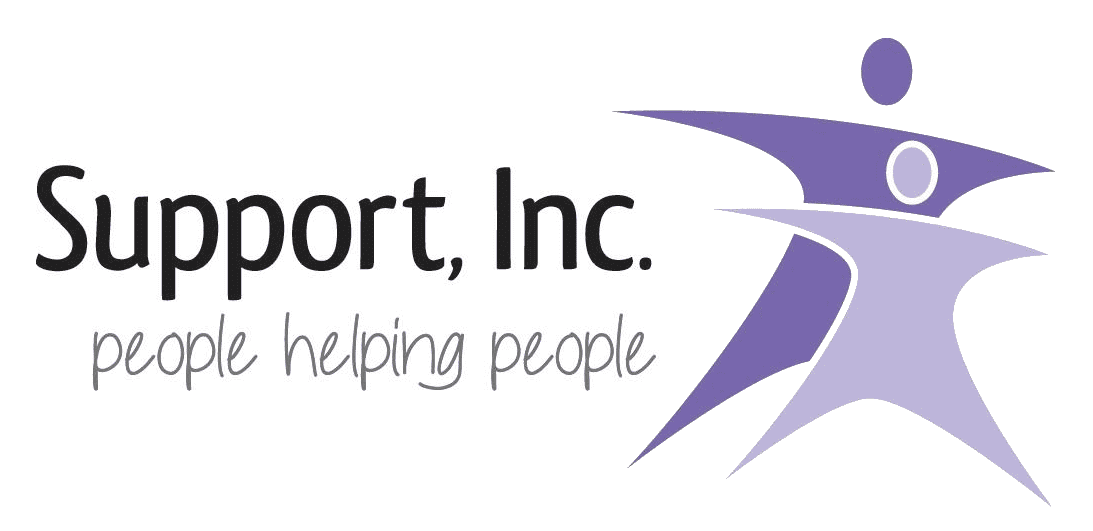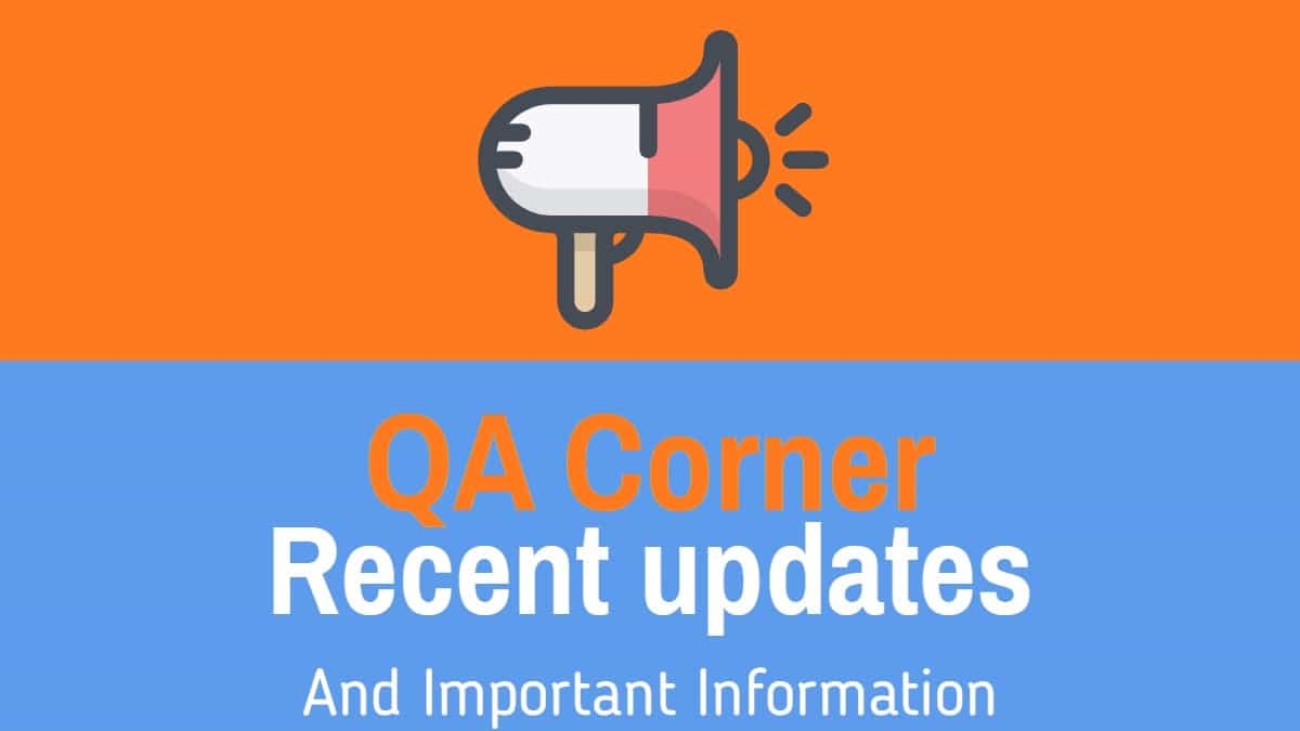After a long cool spring and early summer, Colorado temperatures are heating up fast and it’s important to protect yourself and the person you support from heat-related illness. When possible, stay inside during the hottest parts of the day. There are some things you can do to keep the interior of your home cool such as, block direct sunlight by using window shutters or awning and keeping thermal curtains/blinds closed, increase airflow in the home by using electric fans and opening windows during the early morning/ late evening, using air conditioning and monitoring the indoor temperature. Heat related illnesses are preventable, knowing the signs to look for a responding quickly can prevent a minor illness from becoming a medical emergency. Common heat related illnesses include: heat rash (a skin condition caused by blocked sweat ducts and trapped sweat beneath the skin), sunburn, heat exhaustion (a condition that happens when your body overheats) and the most serious of heat related illnesses heat stroke (occurs when the body can no longer control it’s temperature causing the body’s temperature to rise rapidly and become unable to cool down-requires immediate medical care). To learn more about these types of heat related illnesses, how to identify signs and symptoms and what to do click here.
Tips to prevent heat related illness:
1. Stay indoors, in a cool place during extreme heat.
2. Drink plenty of water. Dehydration is the primary cause of heat exhaustion. High temperatures increase the risk of dehydration.
3. Apply sunscreen every day. Reapply sunscreen every 2 hours throughout the day especially if you’ve been swimming or sweating.
4. Wear lightweight, light-colored and loose-fitting clothing.





